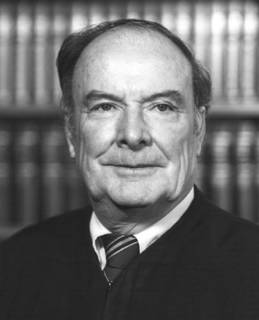Skelly Wright on criminal appeals
A number of principles seem exemplified in... Judge Wright's criminal procedure cases...
The guilty should be punished, and only the guilty. Affirmance should be based on a factually accurate account as to what happened at trial and during the offense; no unnecessary factual presumptions or ambiguous data should be indulged against the accused and his act; acquittal is in order if they deem him either legally or morally innocent. The police, prosecutor and court must observe the accused's constitutional rights. The government may morally condemn the accused only if it has acted morally toward him in the transaction between them.
The court may properly consider the effect of its decision on the immediate parties; an affirmance of conviction is no abstract philosophical judgment, but may result in long imprisonment. The court may also properly consider the effect of its decisions on others, that is, both deterrence of criminality and deterrence of police abuse. The court has a responsibility to reconsider old principles of law, and has a variety of bases of legal authority by which to develop the law.
Martin Levine, "The Great Executive Hand of Criminal Justice," 7 Hastings Constitutional Law Quarterly 907 (1980), quoted in A "Capacity for Outrage": The Judicial Odyssey of J. Skelly Wright by Arthur Selwyn Miller.






0 Comments:
Post a Comment